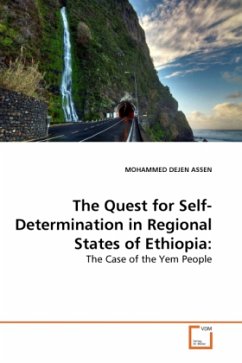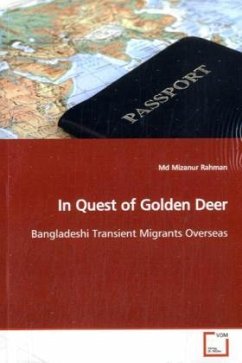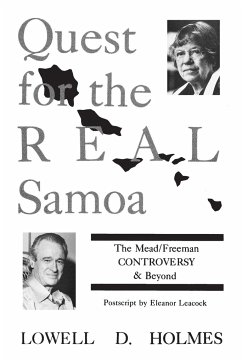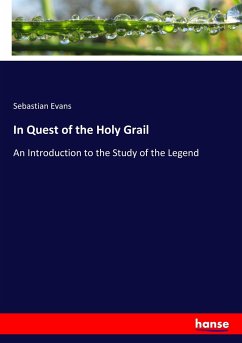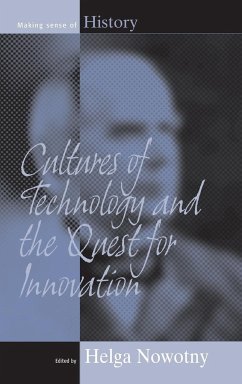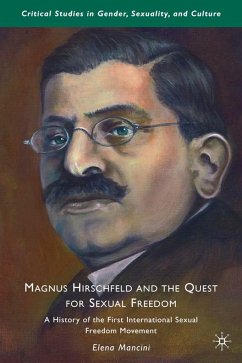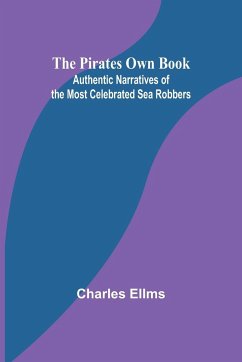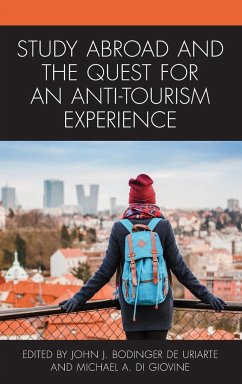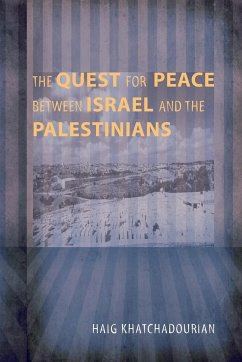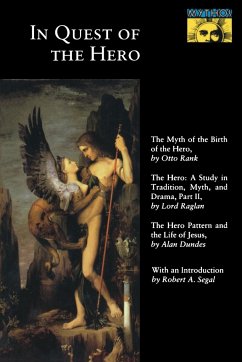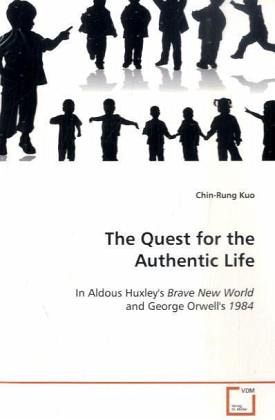
The Quest for the Authentic Life
In Aldous Huxley's Brave New World and George Orwell's 1984
Versandkostenfrei!
Versandfertig in 6-10 Tagen
45,99 €
inkl. MwSt.

PAYBACK Punkte
23 °P sammeln!
In this book Ching-jung Kuo takes a new look at the two most iconic and disturbing dystopias of the middle of the last century: Brave New World and Nineteen Eighty-Four. We know these novels for what they have to say about the rise of consumerism and the dangers of totalitarianism, about the discontents of abundance and of scarcity, about the politics of forced happiness and the politics of suppression. Ching-jung Kuo, however, works out the relationships between these novels and their prevailing philosophical context, that of Existentialism. In his reading, the two dystopias assume fresh mean...
In this book Ching-jung Kuo takes a new look at the
two most iconic and disturbing dystopias of the
middle of the last century: Brave New World and
Nineteen Eighty-Four. We know these novels for what
they have to say about the rise of consumerism and
the dangers of totalitarianism, about the
discontents of abundance and of scarcity, about the
politics of forced happiness and the politics of
suppression. Ching-jung Kuo, however, works out the
relationships between these novels and their
prevailing philosophical context, that of
Existentialism. In his reading, the two dystopias
assume fresh meaning. Rather than cautionary
comments on their contexts of origin, these novels
become narratives of quests for an authentic life.
The effect of Ching-jung Kuo s new interpretation
is to make the two novels even more moving, as
readers are drawn into such quests themselves.
Rudolphus Teeuwen
two most iconic and disturbing dystopias of the
middle of the last century: Brave New World and
Nineteen Eighty-Four. We know these novels for what
they have to say about the rise of consumerism and
the dangers of totalitarianism, about the
discontents of abundance and of scarcity, about the
politics of forced happiness and the politics of
suppression. Ching-jung Kuo, however, works out the
relationships between these novels and their
prevailing philosophical context, that of
Existentialism. In his reading, the two dystopias
assume fresh meaning. Rather than cautionary
comments on their contexts of origin, these novels
become narratives of quests for an authentic life.
The effect of Ching-jung Kuo s new interpretation
is to make the two novels even more moving, as
readers are drawn into such quests themselves.
Rudolphus Teeuwen



